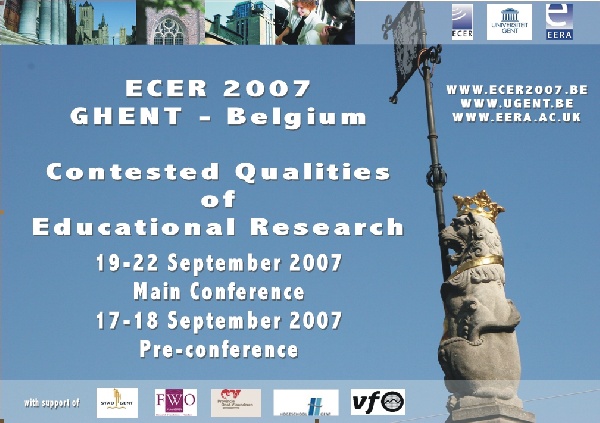Education, Globalization and the Future of the Knowledge Economy
A dominant view today is of a global knowledge-based economy, driven by the application of new technologies, accelerating the shift to high-skilled, high-waged Western economies. This view is reflected in the expansion of higher education and the key role of higher education in national and European economic policy.
The Lisbon agenda seeks to make the European Union 'the most competitive and dynamic knowledge-based economy in the world, capable of sustainable economic growth with more and better jobs and greater social cohesion'. Not only is education believed to hold the key to international competitiveness but to the foundations of social justice and social cohesion.
This talk will challenge these assumptions drawing on key findings from a major study of corporate strategies and the future of skills, involving leading transnational companies and policy-makers from seven countries: China, Germany, India, Korea, Singapore, United States and the United Kingdom. It will examine some of the latest trends that are shaping the global supply of university graduates and the demand for 'knowledge' workers. It will examine why leading companies still see themselves in a 'war for talent' at the same time that there is a global wealth of talent, and why we may be witnessing the rise of high skilled, low waged economies in the United States and Europe.
In conclusion, it will be argued that the human capital assumptions on which the current education consensus rests are historically contingent and increasingly redundant in the early decades of the twenty first century. We will also consider the implications of these findings for educational research in Europe.
Contributors:
Prof Phillip Brown, School of Social Sciences, Cardiff University
Prof Hugh Lauder, School of Education, Bath University
Discussants:
Prof Dr Wang Yingjie, School of Education, Beijing Normal Univesity
Stéphan Vincent-Lancrin, OECD/Center for Educational Research and Innovation (CERI)
Anders Hingel, Analyses and Indicators Unit, Lifelong Learning, DG Education, EU Commission
